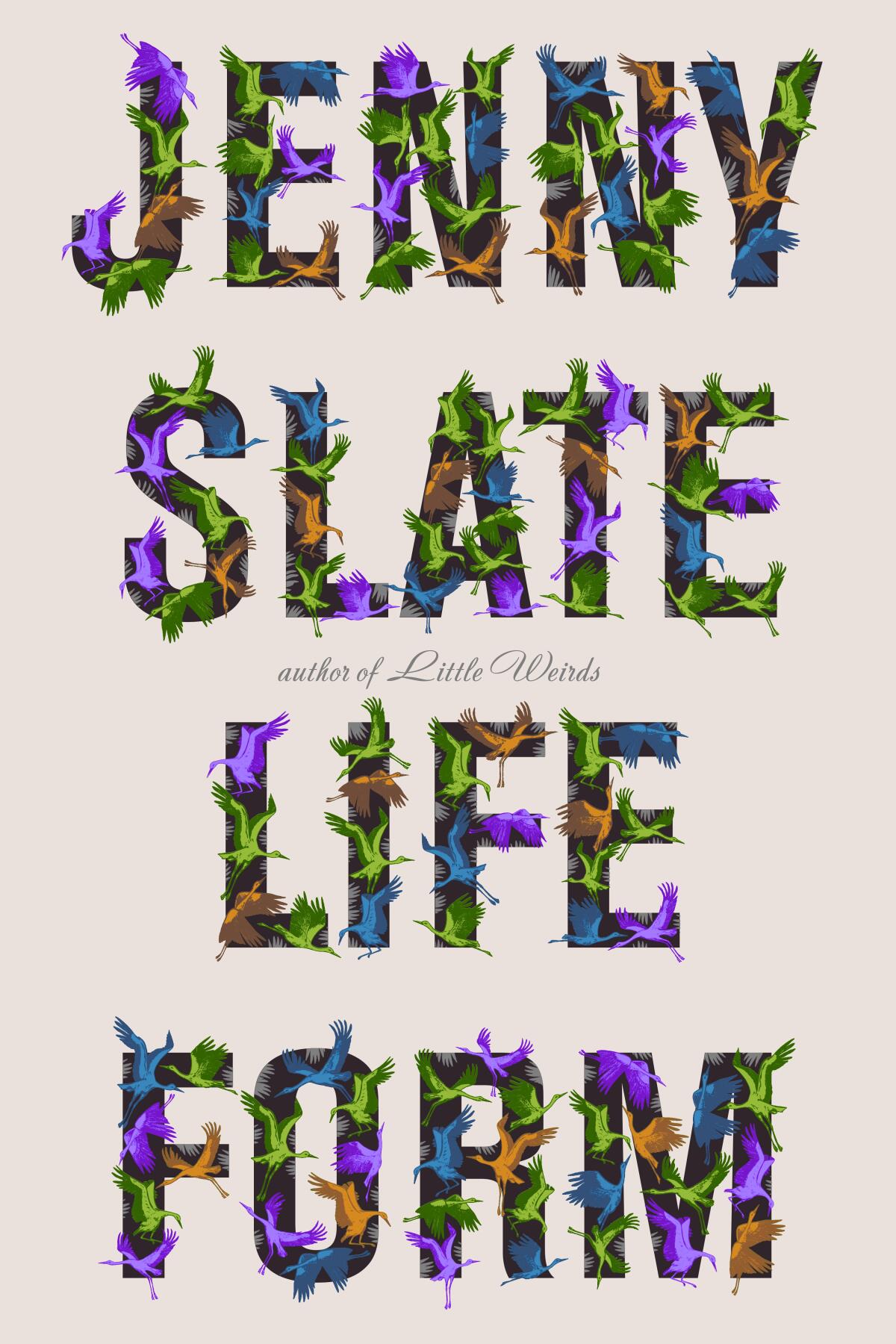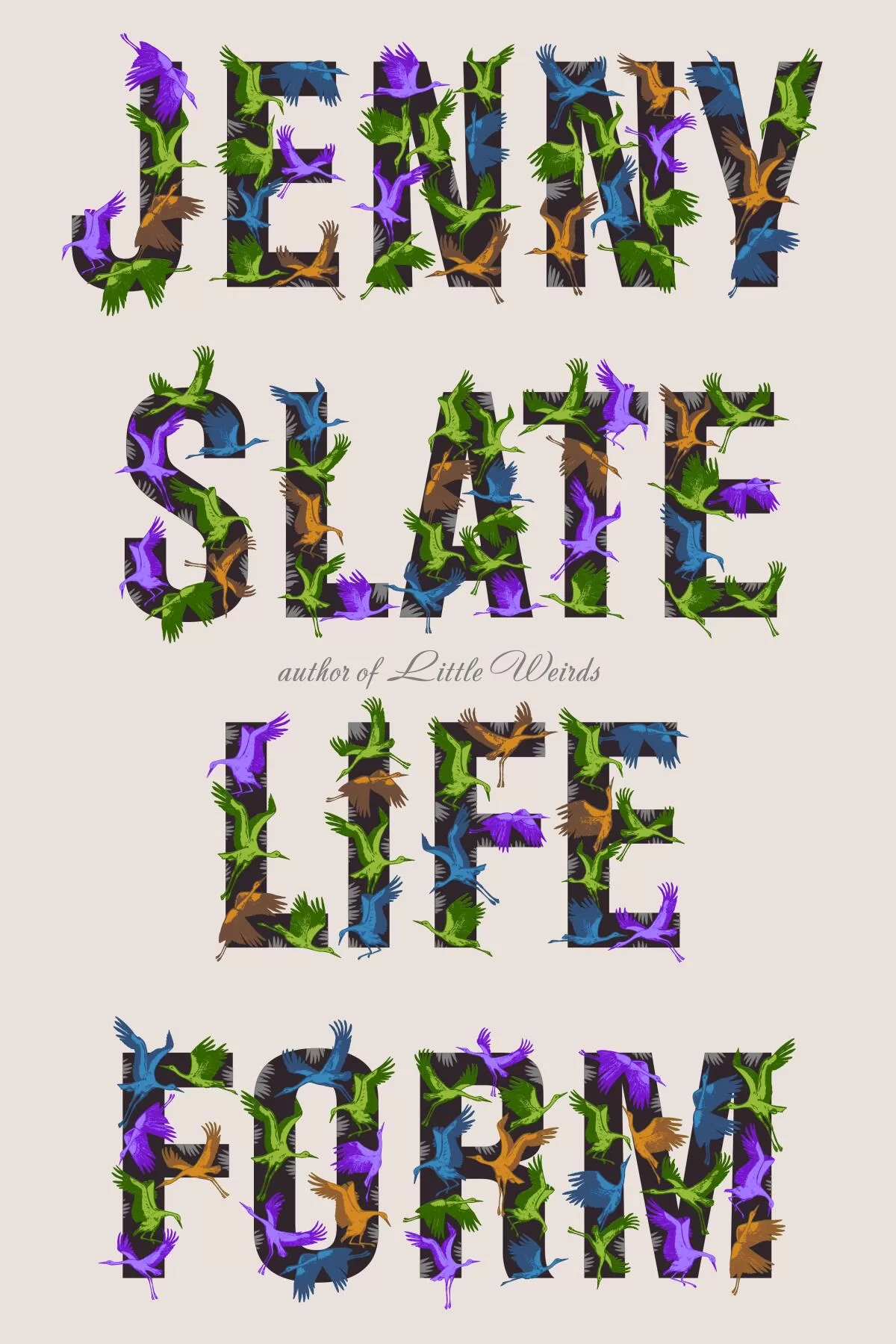At the New York premiere of “It Ends With Us” earlier this year, star Jenny Slate was asked by a red carpet reporter about acting alongside actor and director Justin Baldoni. Artfully dodging speculation that the cast including lead Blake Lively had united against Baldoni, Slate instead said that the experience made her realize that she never wants to be in that position herself.
But as a writer, actor and comedian, Slate kind of has been, by co-creating the animated film “Marcel the Shell With Shoes On” and voicing of the title character, and by writing her stand-up specials, the most recent of which, “Seasoned Professional,” premiered on Prime Video in February. Slate doesn’t see it that way, though.
“I don’t really feel comfortable telling people what to do,” she says, explaining why she doesn’t see herself directing. “I have a hard enough time telling my daughter what to do! It’s not appealing to me, and weirdly it is appealing to me to be told what to do. … There’s a part of me that is such a wild animal that sometimes I like to be a good little dog.”
Slate declines to say anything else about “It Ends With Us,” focusing instead on her book of essays, “Lifeform,” which was released Tuesday. It’s centered on her daughter — or rather, being pregnant with her daughter, to whom Slate gave birth in 2021.
It’s a lot more than that, though, Slate says: “I do understand how you might be like, this is one person’s story about being pregnant, but it’s a lot more than that to me.

Jenny Slate’s new book, “Lifeform,” recounts her experience with motherhood.
(Little, Brown and Co.)
“ ‘Lifeform’ is me trying to say, this is the form of my life,” whether that be the ebb and flow of existence, or the acknowledgment of being but one tiny organism that makes up the universe. Several animals are in “Lifeform” — the raccoons that plague Slate and her husband, Ben Shattuck, in their Massachusetts home, or Storm the dog, an enigmatic neighborhood husky whose visage emblazons the only piece of novelty clothing Slate owns.
The fact that she likens herself to an obedient canine in our conversation is fitting, then, as she also describes her changing body as a “wild-pregnant-mammal-thing” in “Lifeform,” losing “nests” of hair that resemble fur balls. She calls out disjointed knees that were a consequence of her growing fetus, and skin discoloration on her upper lip resembling a mustache from afar. These are among the pregnancy symptoms often kept under wraps until they’re experienced, met with the refrain, “Why did no one tell me about this?” Slate says she was aware of the plethora of pregnancy complications but didn’t think they would happen to her.
“Everything was surprising to me when it happened to me, because it turns out that there’s a version of myself that I think of as the ‘normal’ version, but that’s just a construct,” she says. “The normal version of me is not someone who has a lifeform growing inside her body. The normal version of me is the adult, post-puberty body that I’ve had since I was 16, and this was a whole new set of experiences that were really shocking.”
These bodily concerns are expressed in increasingly desperate letters to Slate’s doctor, which she says were ways for her to gesture “at that which needs to be held. It’s telling me how I need to care for myself.”
Motherhood has made Slate gentler on herself, sloughing off feelings of foolishness, self-criticism and self-doubt. “I’ve been apologetic when I didn’t need to be and I’ve made compromises just to be included, and those things don’t feel anymore like they belong in my one singular life that I have to live,” she says.
This includes her work. She feels like she’s hitting her stride as an actor, from a role in the 2023 Academy Award winner for best picture, “Everything Everywhere All at Once,” to the forthcoming “Dying for Sex,” in which she appears alongside Michelle Williams, and the Amy Adams vehicle “At the Sea.” Slate is full of praise for both actors, saying that she will be first in line later this year to see Adams’ buzzy “Nightbitch,” a movie that shares with “Lifeform” themes of postpartum animalism.
As Slate writes in the book, “After doing all of this, I have become so intense and able to handle so much that if I ever got to do my job in the real way that I desire to do it, I believe I might be better than ever.”
